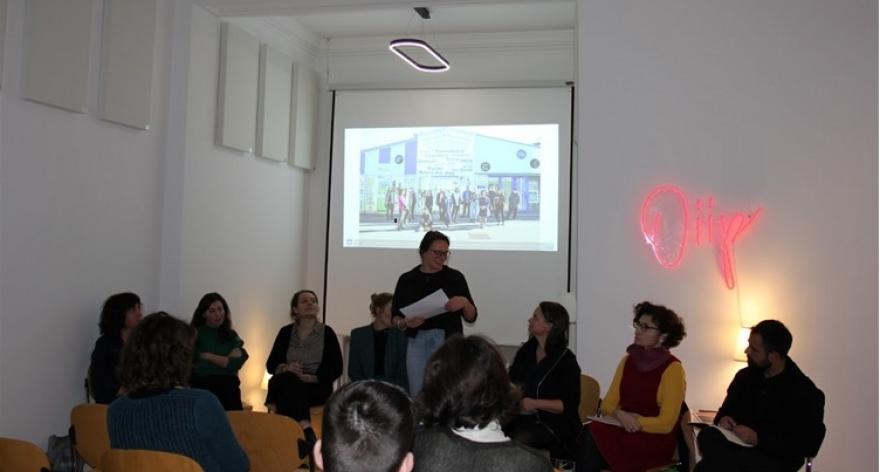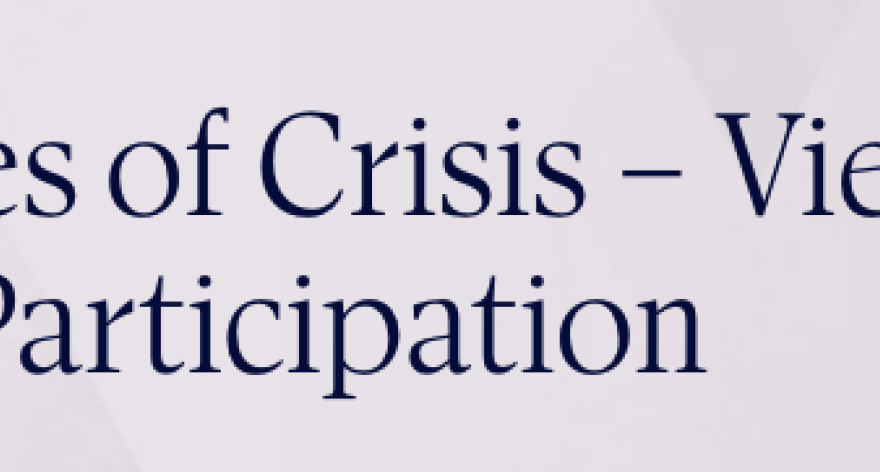Austria

In December 2011, the members of the Austrian ALF network elected the Austrian Institute for International Affairs (oiip) - an independent, non-profit think-tank - as Head of Network (HoN).
Since then, the most important aspect of its work is to support and strengthen the intellectual, cultural and civil society exchange of the Austrian member organisations, in addition to advising and supporting them in participating in the Anna Lindh Foundation calls.
Currently, the Austrian network has over 60 members, most of whom are civil society organisations, public organisations or individual members working in the political, cultural and also in the educational sector.
In principle, the network is open to all NGOs, public, local and regional actors, social entrepreneurs, public and private non-profit foundations, for-profit organisations with socially sustainable goals, as well as to individual members who are committed to the principles and mission of the Anna Lindh Foundation and whose work is based on pluralistic, democratic, and multilateral values.
In addition to coordinating the Austrian network, the Head of Network organisation is committed to partnering with ALF members in other countries. By promoting dialogue between the members of the Austrian network and those of other ALF networks, the HoN aims to strengthen recognition, knowledge and mutual respect between the different cultures, faith communities and values of the Euro-Mediterranean countries.
